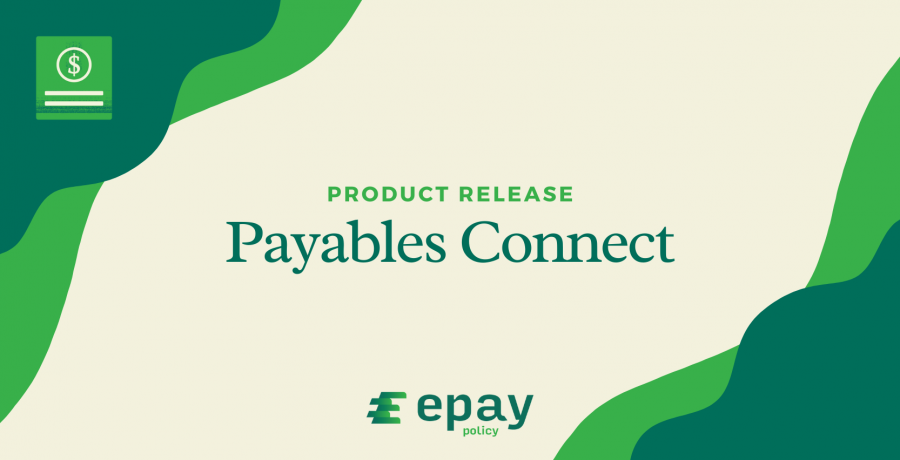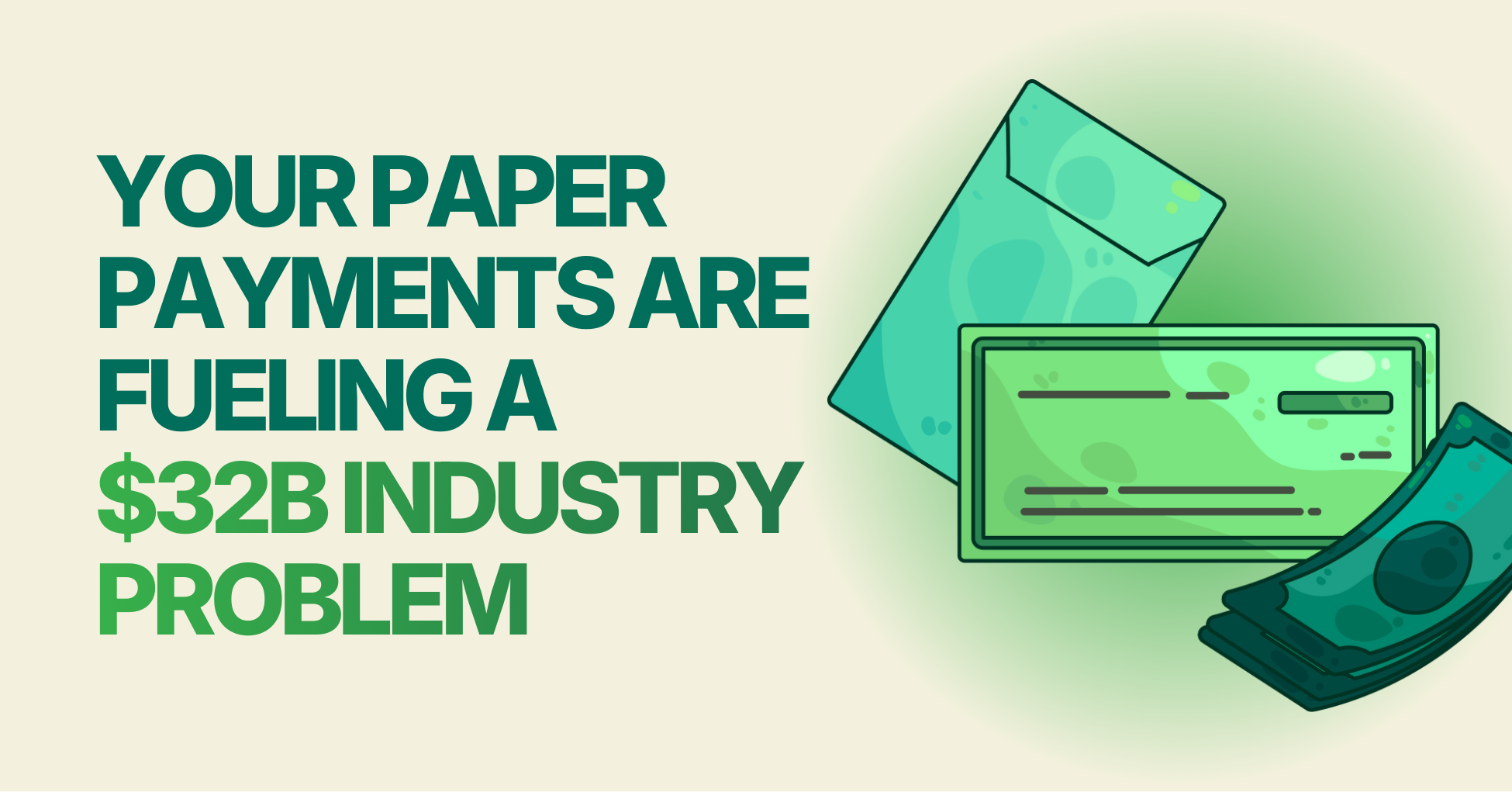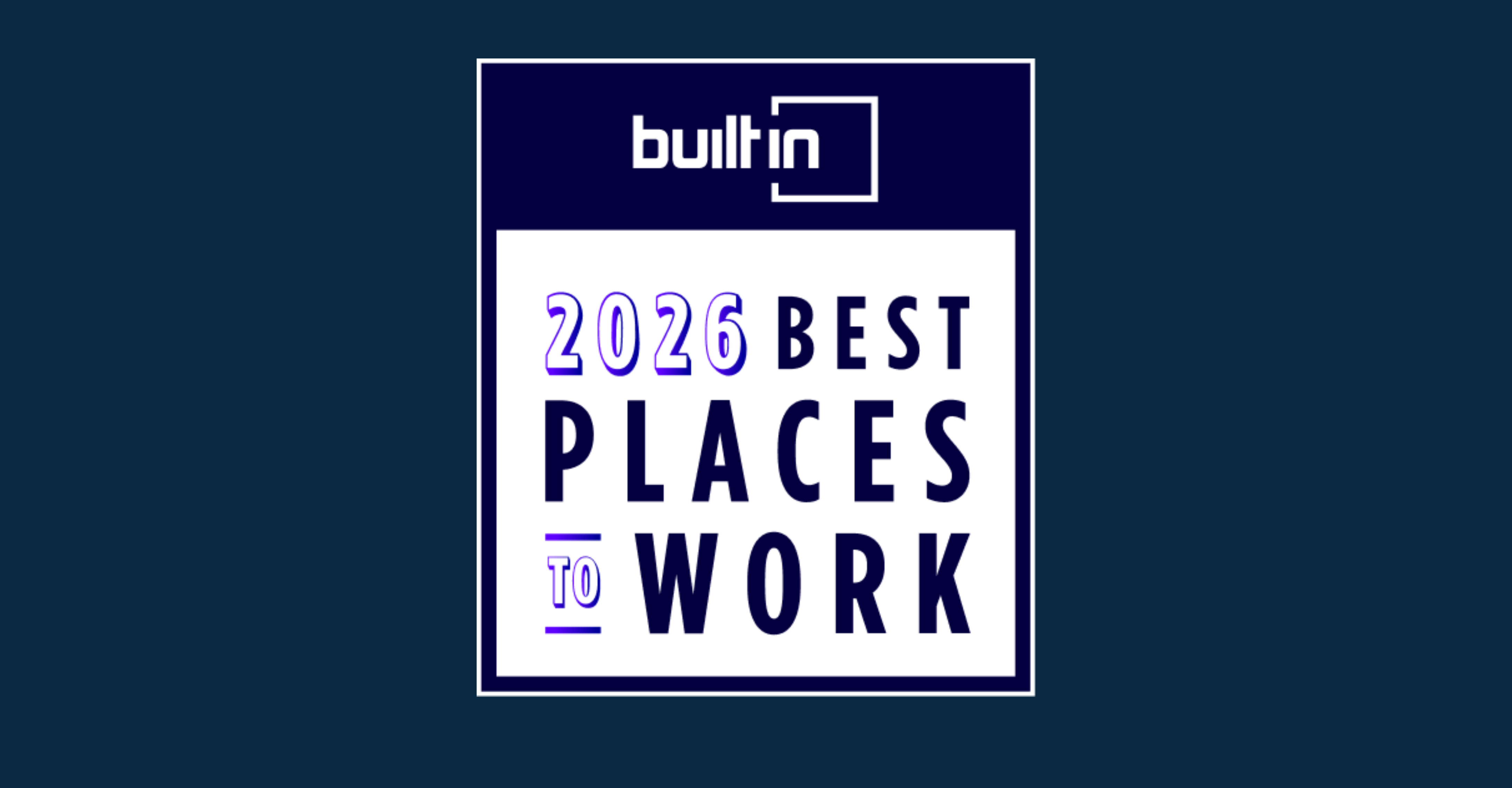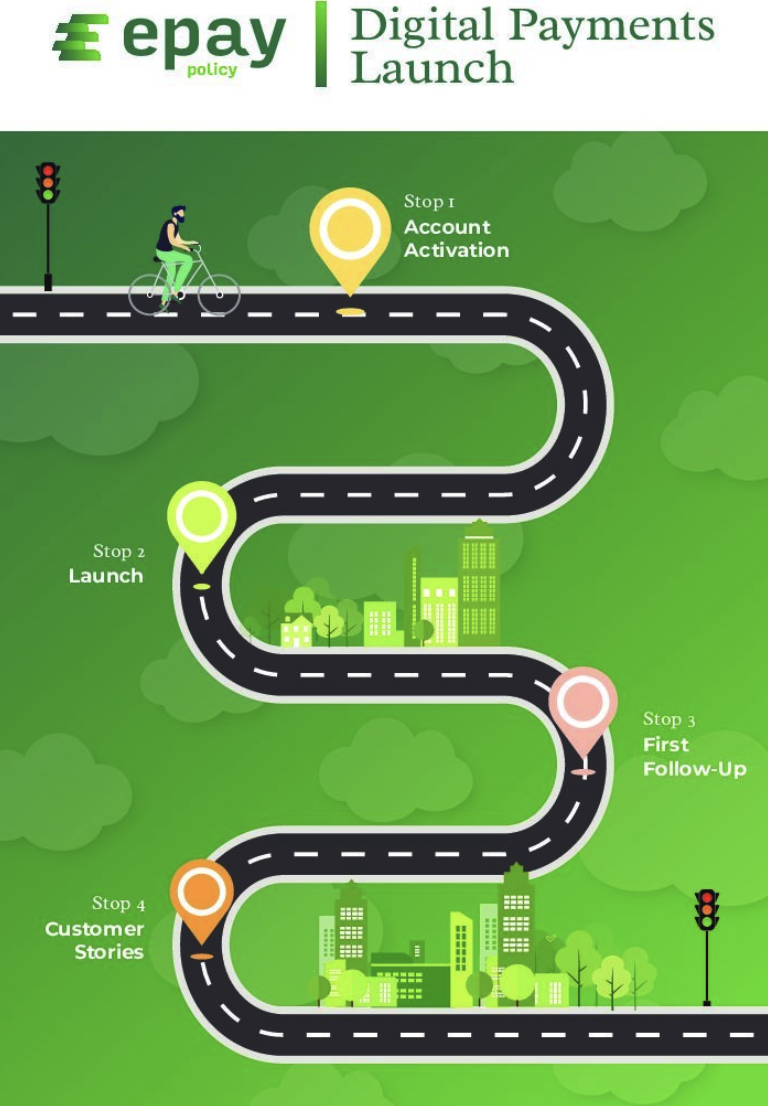Paper documents are still at the heart of the insurance industry. From carrier statements to checks to invoices, insurance runs on paper. For many organizations, the solution to that mountain of documentation is to throw precious hours and manpower at the problem. In particular, carrier invoices and statements require intensive manual reconciliation.
It’s a costly problem that – until now – did not have a clear solution.
Today ePayPolicy announced the release of Payables Connect, the newest innovation in their suite of insurance payment and reconciliation products. Leveraging ePay’s existing integrations and machine learning technology, Payables Connect completely automates the reconciliation, creation, and payment of due payables.
“Payables are a time and resource strain for insurance companies,” said CEO Mark Engels. “For many, it’s a cumbersome process with predominantly manual touch-points, and often dozens of dedicated headcount. We can alleviate a lot of that burden for accounting offices of all sizes.”
Featuring machine-learning assisted document scanning, matching, and automated reconciliation with existing accounting systems, Payables Connect is built to remove much of the time-intensive matching processes common with market statements and invoices to process payables.
“Payables Connect reads and learns from each individual statement,” said CTO Nish Modi. “The beauty of the technology is it’s continuously learning and improving. We’re very excited about where this technology can take the industry as a whole.”
Our founders experienced firsthand the operational pains of check collection and manual reconciliation in insurance. This led to our first product – customizable, online payment pages that match an insurance company’s brand.
Payables Connect continues that spirit of innovation in an industry that is primed and hungry for digital payments and automated back-office operations.
Additional capabilities – like industry-specific management system integrations, custom API connections, network payables, and more – have been added as ePayPolicy’s customer base has grown to over 6,500 insurance companies. ePayPolicy introduced CheckMate, an automated check reconciliation solution that also utilizes machine learning, in 2022.
Payables Connect is the next of several products that our team has planned, with the goal of continuing to streamline the accounts payable, receivables and disbursement experience for customers in the insurance industry.
“We want to be the place our customers go to reconcile their payables and receivables and tie it all together with their existing accounting solutions,” said Modi. “We’re committed to building an industry-wide network that securely moves money and the associated data in an efficient manner throughout the insurance industry.”
- Steve Miller






